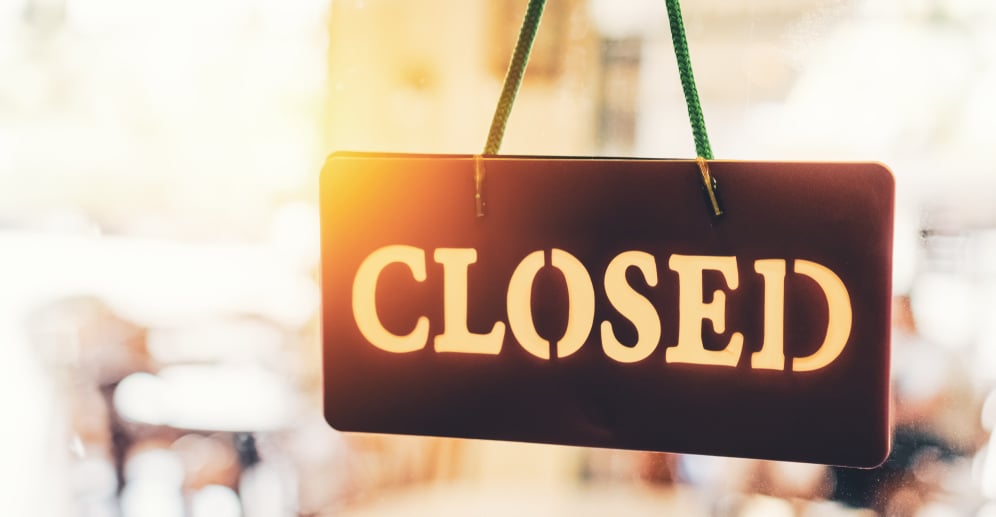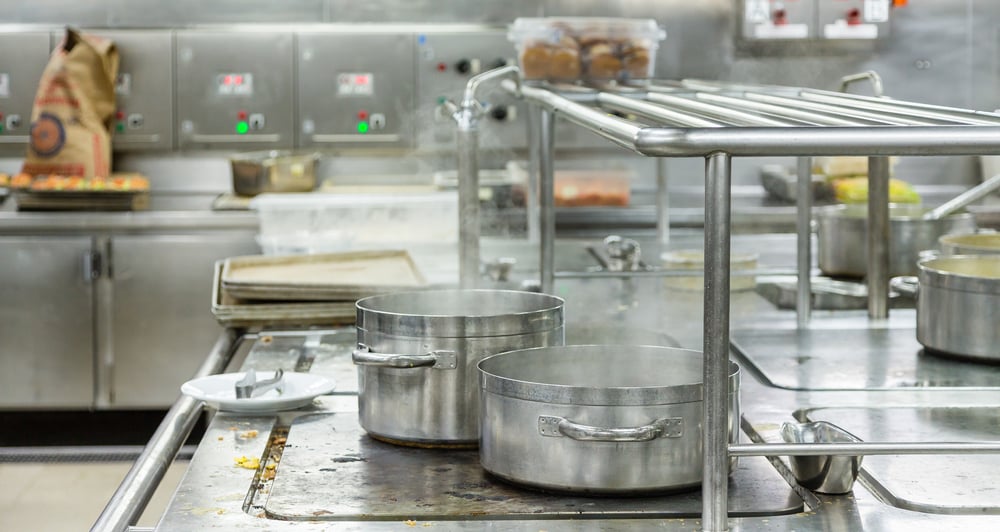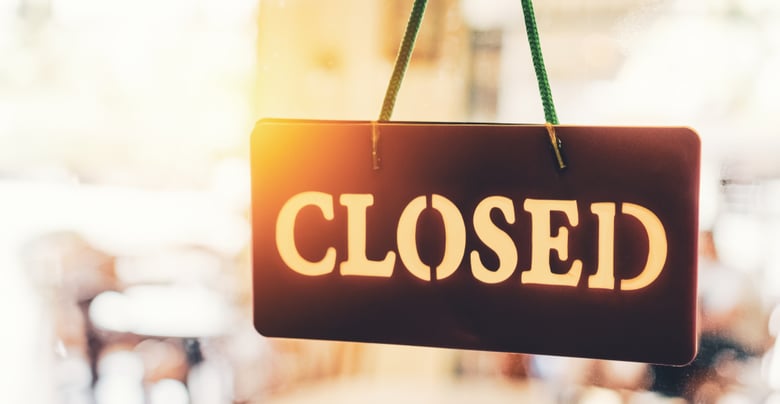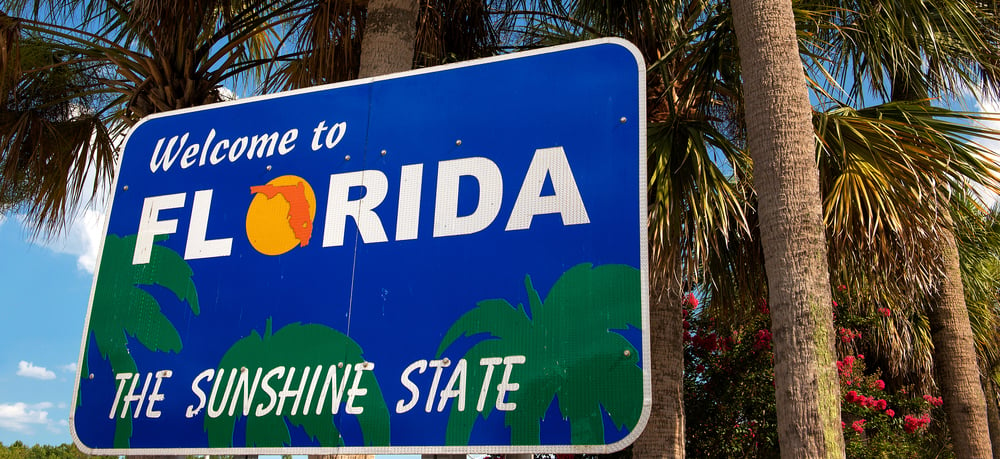Read Time: 6 minutes
Every year, more than 48,000 health inspections take place in Florida restaurants. These reviews are intended to keep both employees, and the public safe and are a routine part of most workplaces. In the restaurant industry, that means enforcing regulations that prevent communicable diseases.
For Florida restaurant inspections, the list of regulations and potential violations to avoid is long. But knowing these in advance can help you prepare for the day that the health inspector shows up at your door.
Know what to look for and the potential consequences of not following the rules with this guide on restaurant inspections in Florida.
General Information on Florida Restaurant Inspections
Florida restaurant inspections are regulated by the Florida Department of Business and Professional Regulations (DBPR) Division of Hotels and Restaurants. This Division also regulates mobile food vehicles, public food service events, and caterers.
The Florida Department of Business and Professional Regulation calls for inspections twice per year. These scheduled inspections are never actually scheduled and often occur without notice.
If an inspector notes some specific violations or issues, a restaurant may be subject to more than the regular two annual inspections. If a customer makes a complaint, this can also prompt an inquiry. Reviews falling outside of scheduled inspections are called "focused inspections."
In Florida, restaurant owners are not required to post the result of their examinations for the public to view.
Florida State Food Safety Regulations
Across all states, local laws dictate the frequency and regulations of inspections. Inspectors ensure that food stays safe from contamination and cross-contamination. Inspectors also look for measures taken by food handlers and environmental qualities.
A Florida restaurant inspection involves four areas. These areas are:
- Foodborne illness risk factors and public health interventions. For example, food protection during preparation, storage, and display.
- Good retail practices. For example, rooms and equipment need to have adequate ventilation.
- Food temperatures. Food temperatures shouldn't fall below 41 and 135 degrees Fahrenheit. Those temperatures are where food becomes susceptible to bacteria.
- Other items related to proper business operation. For example, inspecting the primary water source to the restaurant.
Florida's Violation System
Health violations wor on a three-tier system:
Basic Violations are the least severe breach in the rating system. It points to a need for monitoring some updated practices. These updates could relate to food labeling practices or proper food and equipment storage.
An Intermediate Violation involves an aspect that could cause foodborne illness if unchecked. An example of this would be using a sink intended for washing hands to store ice.
High Priority Violations are the most serious. These violations can lead to an establishment closure. They reflect a grave concern related to the potential for foodborne illness. An example of this would be evidence of cockroach activity or vermin found on site.
The Most Common Health Violations
There are some common violations across all restaurants. Knowing these allows you to put the right measures in place.
Kitchen Sanitation
One common violation has to do with how a kitchen's cleaning procedure and overall cleanliness. Employees should be washing and sanitizing using the right products for the job. Proper removal of dirt, residue, and debris from all equipment and workspaces is also essential.
Food Storage
There is an accepted method for storing food in a restaurant kitchen. For example, did you know food products in refrigerators should be organized in a particular fashion? To prevent food contamination, produce should be at the top of a fridge, and raw meat should be on the bottom, for example.
Personal Hygiene
Health and safety go beyond how food is handled in a restaurant. A big part of the inspection has to do with employees and their hygiene. That means having a dedicated place for handwashing, having disposable gloves and hairnets for people working with food, and ensuring that any garments worn in the kitchen are clean.

Potential Outcomes and Hazards of Failing
With Florida restaurant inspections, establishments don't receive a letter or numbered grade. Instead, there are three possible outcomes:
- A restaurant can meet inspection standards. Meaning, the inspector didn't find violations that need follow-up. This restaurant won't be inspected again until the next routine inspection. Although a customer complaint could prompt another inquiry.
- An inspector might find violations that could threaten public health and safety. But, if those violations don't warrant closing the restaurant, the restaurant gets a "Follow-up inspection required."
- When a restaurant produces high-risk violations, they threaten public health and safety. For this, the inspector may close the facility immediately. Restaurants should avoid this step at all costs. The closure affects their reputation, and that damaged reputation remains long after the restaurant reopens.
In today's online world, it's easier than ever for customers to find out about the violations.

How to Stay Prepared
Although they're called "scheduled" inspections, even routine health inspections rarely occur with prior notice. Health inspectors show up unannounced. That means that you have to be following regulations at all times.
A restaurant's facilities and staff should always be ready. Conduct in-house inspections regularly to ensure follow-through with expectations.
Check whether employees follow food safety guidelines at all times, including rush hours. Ask questions that an inspector might ask, ensuring that all employees remain prepared for the real deal.
After these, go through potential problems, so employees know where to improve. Managers should also know where you're falling short and what steps should occur next.
Additional Items to Consider
It would be best if you also considered the matters on an inspection that fall outside of food preparation and personal hygiene. Because they're not directly related to food, these overlooked items can cause problems for owners.
The structural integrity of your restaurant comes into play in that good retail practices make up a big part of the inspection. Openings from the restaurant to the outside, maintaining proper temperature, complete separation of the kitchen from other areas, and general safety of structural conditions are all parts of Florida restaurant inspections.

Want to find out more about your options for impact windows and doors? Alco Windows and Doors is one of the industry leaders in installing commercial impact windows and doors for restaurants in South Florida.
We can help you improve the appearance of your building while also enabling you to reach many more customers through the use of commercial impact windows and doors.
Both of these products offer numerous benefits, such as outside noise reduction, protection against severe weather, enhance security, protection from UV rays, and improving curb appeal.
You can also reach out to our staff members at any time, as we are always happy to answer any of your questions!






 License # CGC1526312
License # CGC1526312
Leave a Reply